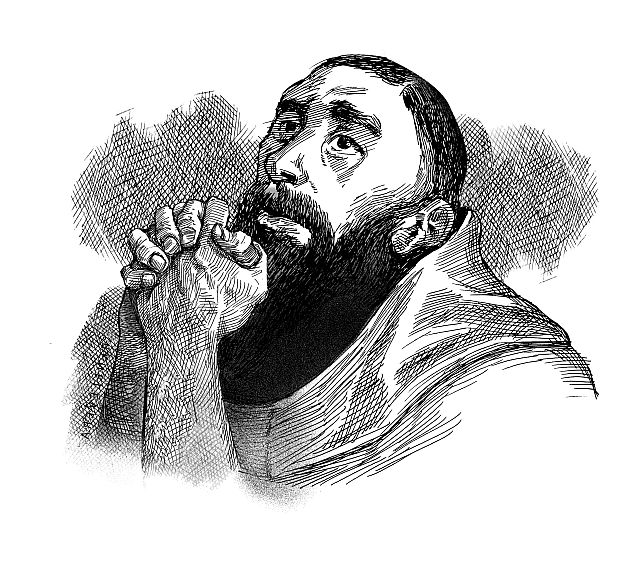
While in the corporate world, he knew that “there was some higher position I could attain, which meant that, like Zeno’s arrow, I was guaranteed never to arrive and always to remain dissatisfied.”
Hence his decision to seek a minimal way of life. Happiness, for him, meant freedom from “all I didn’t want or need.”
Iyer, of course, knows that “happiness lies less in our circumstances than in what we make of them.” In his travels, for instance, he met people stuck in difficulty or caught up in warfare, and yet they seemed to have more liveliness and hope than the people of his hometown, Santa Barbara, California, who despite their affluence were on their fourth marriages and seeing a therapist everyday.
The people Iyer meant, who exude joy despite their harsh and less than dignified circumstances, are the same people Jesus spoke about in his Sermon on the Mount. Jesus considered blessed – truly happy – those who are poor in spirit, those who mourn, those who are humble, those who do what God requires, those who are merciful, those who are pure in heart, those who work for peace and those who are persecuted.
This is not the world’s notion of true happiness, whose essence is indulgence. Jesus’ kind of happiness can come about as well in New York as in rural Japan. It assumes that the real life is inside, and so does not depend on place. Its serenity faces a challenge not so much from the rat race as from human rattiness – from such as possessiveness, loss, pride, injustice, injury, deceit, conflict and hate.
Once, when I went to the embassy of a foreign government to apply for a visa, the woman behind the counter berated me for failing to put my passport correctly inside a sliding plate. My blood boiled. I was tempted to give as good as I got, and only the thought of not getting the visa stopped me from giving a nasty retort. Later, when already recollected, I realized that in nurturing hatred for the woman I lost my chance of having perfect happiness.
Of which St. Francis talked about to Brother Leo while they were traveling in winter. Brother Leo had asked him where perfect happiness lay.
“We shall come to Saint Mary of the Angels thus drenched in rain, stiff with cold, defiled with mud and afflicted with hunger, and knock at the door; and if the porter comes angrily and asks: ‘Who are you?’ we reply: ‘We are two of your Brethren.’ And if he should contradict and answer: ‘No, you are a pair of vagrants who go about everywhere, seizing on the alms of the poor,’ and should not open to us, but make us stand in the snow and rain, cold and hungry until night; and if then we patiently endure submissively and without complaint to much wrong and rejection, humbly and charitably thinking that the porter truly recognizes us, and that God stirs his tongue against us, then Brother Leo, write down that there lies perfect happiness.”
Disclaimer: The comments uploaded on this site do not necessarily represent or reflect the views of management and owner of Cebudailynews. We reserve the right to exclude comments that we deem to be inconsistent with our editorial standards.
